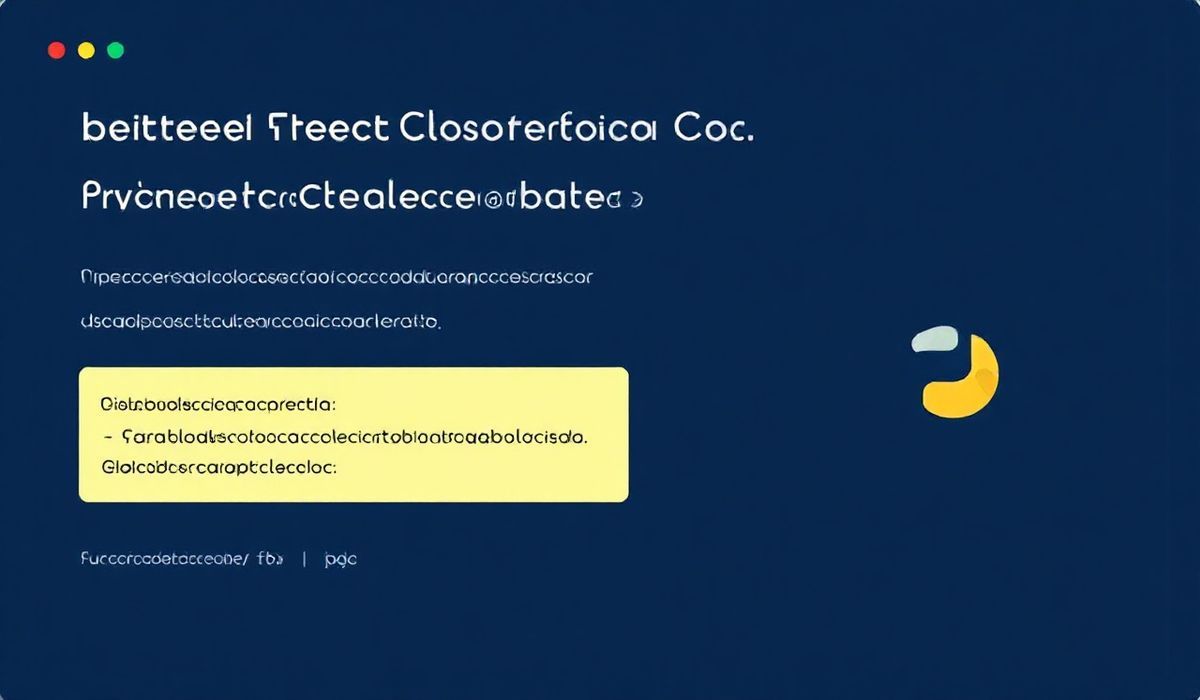Introduction to ast-types
Abstract Syntax Trees (AST) are data structures widely used in compilers to represent the structure of program code. The ast-types library in JavaScript provides definitions for various AST node types, useful utilities for working with them, and it is an essential tool for developers dealing with ASTs.
Key API Examples
1. Defining AST Node Types
const { Type, def } = require("ast-types");
def("Identifier")
.bases("Node")
.build("name")
.field("name", String);
2. Visiting AST Nodes
const { visit } = require("ast-types");
visit(ast, {
visitIdentifier(path) {
console.log(path.node.name);
this.traverse(path);
}
});
3. Manipulating AST Nodes
const { namedTypes: n } = require("ast-types");
visit(ast, {
visitLiteral(path) {
if (n.Literal.check(path.node)) {
path.replace({ type: 'Literal', value: 'new value', raw: '"new value"' });
}
this.traverse(path);
}
});
Complete App Example
Here’s a brief example application utilizing the APIs we discussed:
const recast = require("recast");
const { visit } = require("ast-types");
const code = `
function greet() {
const message = "Hello, world!";
console.log(message);
}
`;
const ast = recast.parse(code);
// Change all string literals
visit(ast, {
visitLiteral(path) {
if (typeof path.node.value === "string") {
path.node.value = "Hello, universe!";
path.node.raw = '"Hello, universe!"';
}
this.traverse(path);
}
});
const output = recast.print(ast).code;
console.log(output);
Conclusion
The ast-types library is an invaluable tool for developers working with Abstract Syntax Trees in JavaScript. By leveraging its ability to define, visit, and manipulate AST nodes, you can efficiently process and transform code. Whether you’re a compiler developer or working on code analysis tools, ast-types offers the necessary functionality to get the job done.
Hash: 769fd17037c3ee3d87b1f3b0ec281504dd5f3d83eb3efac745fef3da5633517b




